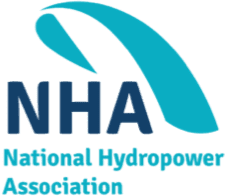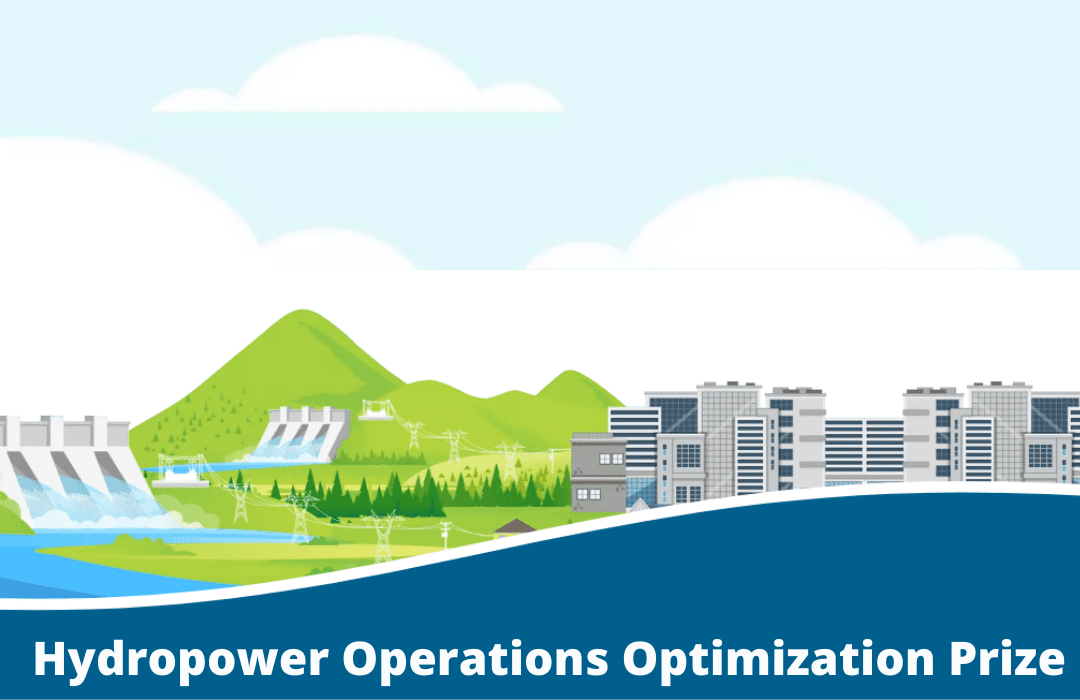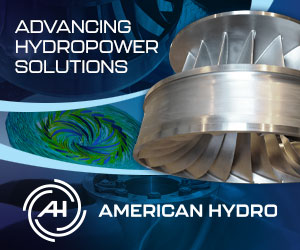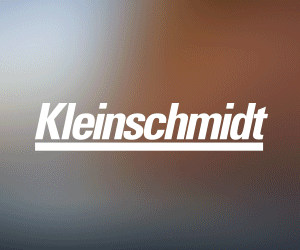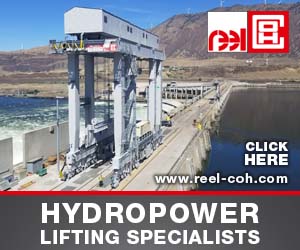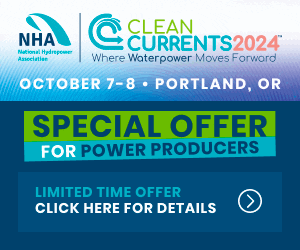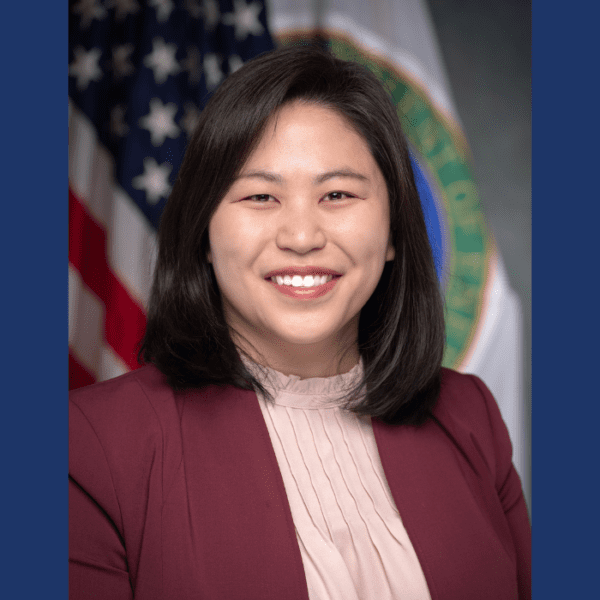The mix of power resources used for meeting electricity needs in the United States is quickly changing, and the transmission grid needs to keep up. With more variable electricity resources on the grid, and an uptick in extreme weather events, grid reliability has become a central focus of the clean energy transition.
Hydropower can play a pivotal role in improving the grid’s reliability, resiliency, and overall performance as the United States works to decarbonize the power grid by 2035. That’s why the U.S. Department of Energy’s (DOE) Water Power Technologies Office (WPTO) is launching the Hydropower Operations Optimization (H2Os) Prize.
Scheduled to open for submissions in April 2022, the new prize will offer a combined cash prize pool of up to $75,000 to encourage the development of new solutions that can help advance hydropower’s contribution to the grid.
“By tapping into all of hydropower’s benefits, we can help build flexible, reliable, and sustainable energy infrastructure,” said WPTO Director Jennifer Garson. “Hydropower’s evolving role will be crucial to modernizing the grid, and H2Os Prize participants can help unlock hydropower’s potential to support the grid while respecting environmental and water system needs.”
The prize is administered by WPTO’s Hydropower and Water Innovation for a Resilient Energy System (HydroWIRES) Initiative. Through this initiative, DOE seeks to understand, enable, and improve hydropower’s contributions to reliability, resilience, and integration in the rapidly evolving U.S. electricity system. Hydropower technologies are versatile and can be dispatched quickly. However, grid operators often limit existing hydropower resources based on conservative estimates of hydropower availability and water management practices.
The purpose of the H2Os Prize is to encourage diverse, multidisciplinary teams to help solve some of the most near-term challenges in the clean energy transition by improving the performance of hydropower system operations. Specifically, the competition challenges innovators to employ modeling, data analytics, and machine learning to create new ways for hydropower systems to coordinate with existing grid scheduling practices and meet water management needs — such as water supply, environmental flow requirements, and flood management.
DOE expects the prize to help develop innovative technology solutions that focus on hydropower’s complementary role as an integrator of variable renewables, like wind and solar, and best leverage hydropower’s benefits for planning daily grid operations.
Through the competition, WPTO seeks solutions to address key hydropower technology development goals:
Hydropower benefits: Economic and environmental benefits resulting from optimal coordination of hydropower systems based on feasible and just hydropower output and electricity market energy and ancillary prices.
Water operations feasibility: Hydropower scheduling solutions that respect water management operations and constraints.
Novel, scalable, and broadly applicable: Unique, innovative, and flexible solutions that apply to a variety of facilities within a range of modeling and institutional workflows.
When the prize opens to submissions, DOE will welcome applications from those familiar with hydropower, machine learning, data science, and/or optimization.
The H2Os Prize is funded by WPTO and administered by the National Renewable Energy Laboratory in partnership with RTI International. Learn more about participating in the prize, and contact WPTOPrizes@ee.doe.gov for more information.

